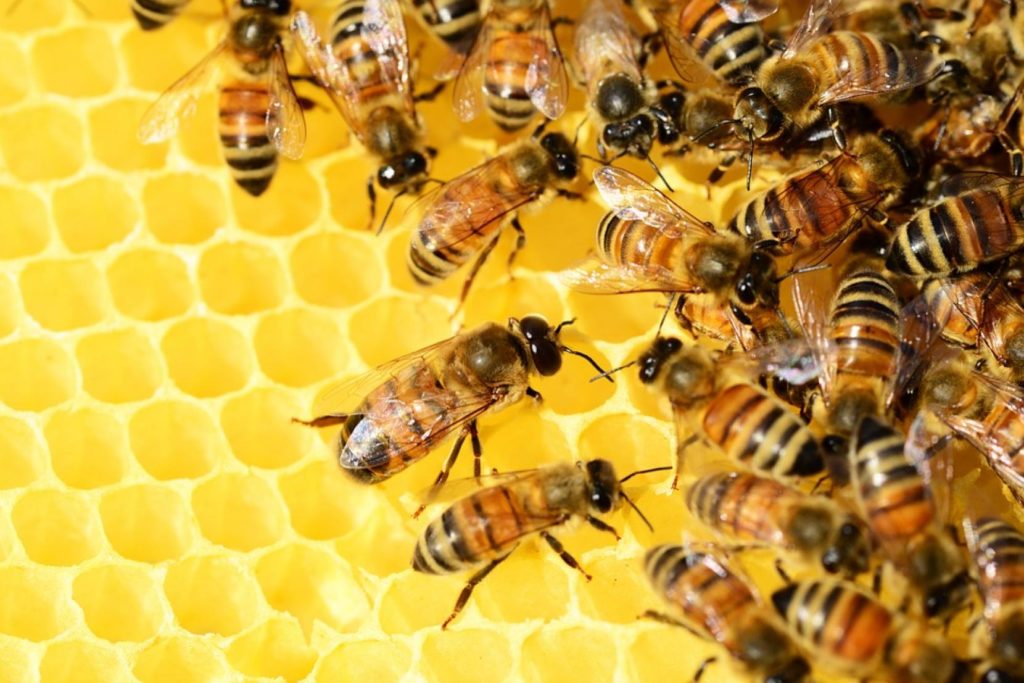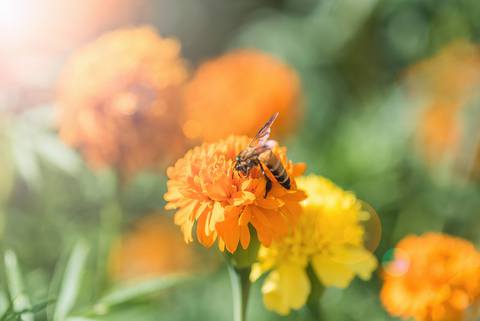
Plastic waste is one of the most significant contributors to pollution in our environment. From polluting waterways to plastic production processes, it’s quickly destroying our planet. Numerous studies have been done on plastic waste, and data reports provide a horrifying snapshot. Here are fifteen fast facts so you can be knowledgeable about how plastic waste impacts the globe.
- It takes on average 450 years for most plastic to decompose (such as water bottles). According to Neic.org, plastic bags take 10-20 years, while thicker plastics can take thousands of years.
- The World Economic Program is projecting 1.3 billion tons of plastic waste by 2040.
- An estimated 8 million pieces of plastic are making it into waterways daily. Surfers Against Sewage is using this statistic to inform people about plastic waste impacting the ocean.
- According to IUCN.org, plastic makes up “80% of all marine debris from surface waters to deep-sea sediments.”
- The average person consumes nearly 44 lbs of plastic over their lifetime.
- Overfishing and plastic waste could result in our ocean life dying out entirely by 2050, according to multiple sources. This is especially critical because 70% of the oxygen in our stratosphere is produced by phytoplankton.
- Every country in the world contributes to plastic waste. There isn’t a single country that is plastic-free.
- Half of the plastics made each year are used just once.
- The Ocean Crusaders Foundation reports that over 500 billion plastic bags are used yearly. That’s 770 plastic bags per person.
- Ecowatch reports 2 million plastic bags are used each minute.
- The US contributes the most plastic waste.
- According to the US Environmental Protection Agency, only 8.3% of the plastic in the US is recycled, with only 9% being recycled globally.
- The World Economic Forum reports that “packaging represents 26% of the total volume of plastics used.”
- The Be Straw Free Initiative claims that over 500 million plastic straws are used and discarded yearly in the US.
- Straws take 200 years to decompose, according to the World Wide Fund for Nature (WWF).

Not all facts are negative! Many initiatives are underway to mitigate the use of plastics and get this problem under control. Here are —— fast facts about solutions being employed!
- Microbeads, a type of plastic used in health and beauty products for the past six decades, have been banned in the United States since 2015.
- BBC Earth reports a mushroom has been found that “secretes enzymes that degrade the plastics, and in return, the fungus gets food from it by dissolving the plastics.” This is huge news. Burning plastic melts it and releases harmful toxins into our air, and this is a much better solution!
- Companies around the world are looking into plastic alternatives, and one interesting, viable option is seaweed.
- The Ocean Cleanup Project is a nonprofit dedicated to cleaning “up 90% of floating plastic” debris using various technological advancements.
- Cities and countries worldwide are banning the use of plastic straws, trading them for biodegradable alternatives!
It’s nice to know efforts are being made to reduce plastic waste. Hopefully, more is done, and these initiatives are here to stay because we need our oceans and waterways healthy!

